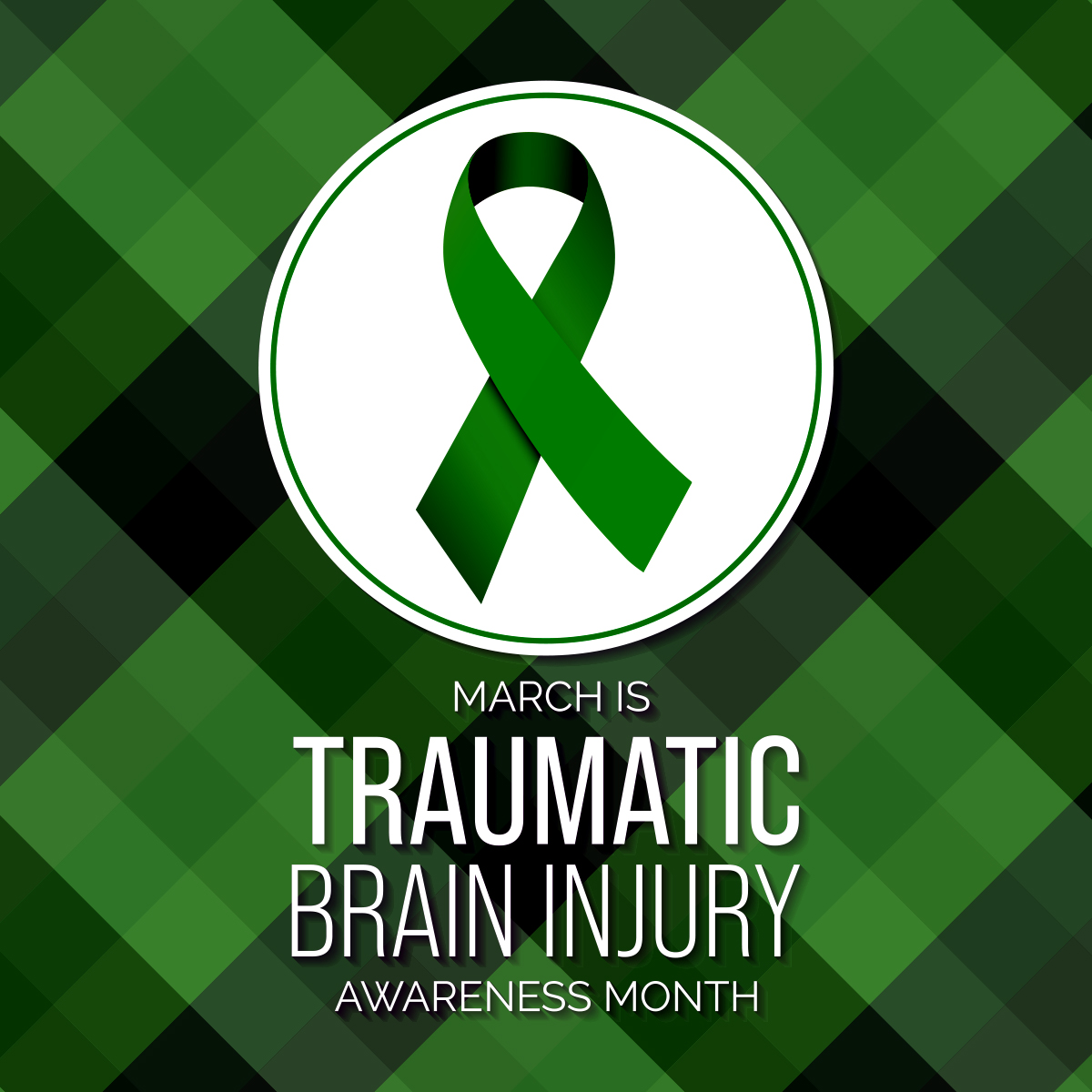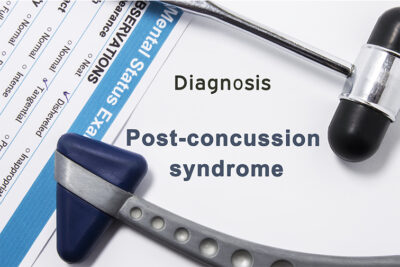Brain injuries: Just a “minor” fall involving the head can be more serious than you think… View Larger Image

March is Brain Injury Awareness Month
Is It just a Minor Fall?
“It was just a minor fall, I will be alright.” How many of us have heard this from one of our loved ones after they have fallen and hit their head. How many of us say to ourselves, “ I wonder if this is minor or maybe we should be checked out by someone”. 85% of all brain injuries are concussions and the most common cause of a mild Traumatic Brain Injury is a fall regardless of your age. This statistic alone should concern us when someone we love falls.
What are some signs of a concussion to watch for after we fall and hit our heads:
- Dizziness
- Headaches
- Blurred vision
- Nausea
- Vomiting
- Slurred speech
- Appearing dazed and confused
- Ringing in the ears
- Delayed response to questions

The elderly are more likely to be admitted to the hospital for observation, especially if other injuries occurred during the fall. However, family members should maintain more frequent contact and observation for several weeks after the elderly fall since some serious consequences can occur weeks afterward. A good example of this is if you are on blood thinners it can increase the likelihood of a slow bleed on the brain. It is important to seek immediate medical attention if there is a significant/abrupt change in cognitive or physical abilities of our loved one.
When we seek medical attention it is important to let the medical professional know what other medical conditions and medication our loved one is taking. Some symptoms of concussion such as dizziness, balance and memory issues can be mistaken as being a part of the “norm” due to our age, when in fact it is a result of the concussion from the fall. If the symptoms do not diminish after 2-3 weeks it is important to consult with a healthcare professional trained in concussion management.
General recovery suggestions include:
- Rest and a slow gradual return to normal activity.
- Limiting the amount of time we spend on our computers and phone to give your brain a break from activity
- Avoiding physically demanding activities until we are 100%. Aggressive activity too soon after a concussion can lead to a second one since your brain is in a more fragile state
- Avoid alcohol and other drugs since they can slow your recovery time and impede balance and reaction time
Remember a fall can result in a concussion which is considered a mild Traumatic Brain Injury and their effects can be serious and impact an individual’s life long after the injury.
Resources: biausa.org, biav.net
Research:
What does the Research say about the elderly and concussion/mild TBI management?
- Geriatric Mild Traumatic Brain Injury (mTBI)
- Older adults should be evaluated for the possibility of a mild TBI when it is associated with an arm fracture, as there is an associated risk of trauma to the head.
- Because pre-injury cognitive status can be difficult to determine, it can be difficult to assess the altered cognitive and mental status after a fall.
- Imaging and observation can rule out an intracranial bleed acutely.
- Clinical outcomes after mTBI are generally positive in older adults. A short period of rest with a gradual resumption of routine is recommended.
- “Those who have prolonged symptoms that do not improve with return gradual activity may benefit from referral to a rehabilitation team that can address physical, cognitive, and psychological symptoms following mTBI.”
- Citation: McCulloch, K.L., Osborne, M.B.A. & Ramsey, C.R. Geriatric Mild Traumatic Brain Injury (mTBI). Curr Geri Rep 9, 142–153 (2020). https://doi.org/10.1007/s13670-020-00329-3
- Poor prognostic factors in elderly patients aged 75 years old or older with mild traumatic brain injury.
- “When elderly patients aged 75 years or older with mild TBI have the 3 poor prognostic factors of dementia, cancer, or a history of antithrombotic therapy, their outcomes might be worse compared to other elderly patients. Elderly patients who have these factors should be carefully managed.”
- Citation: Seno S, Tomura S, Ono K, Tanaka Y, Ikeuchi H, Saitoh D. Poor prognostic factors in elderly patients aged 75 years old or older with mild traumatic brain injury. J Clin Neurosci. 2019 Sep;67:124-128. doi: 10.1016/j.jocn.2019.06.007. Epub 2019 Jun 17. PMID: 31221574.
- Management of mild brain trauma in the elderly: Literature review.
- A systematic review of present literature was conducted
- Inclusion criteria: mild TBI in the elderly (65+)
- Exclusion criteria:
- Animal studies and case reports
- Focus on anything other than mild TBI in the elderly
- Unfinished clinical trials
- Findings:
- “82% of older patients hospitalized for mild TBI return to independent living after completing the medical, surgical, and physical treatments.”
- “Mild cognitive impairment or dementias, comorbidities, ambulation with assistance, and polypharmacy have been demonstrated as the risk factors for falls in older adults and subsequent admission for fall-related TBI.”
